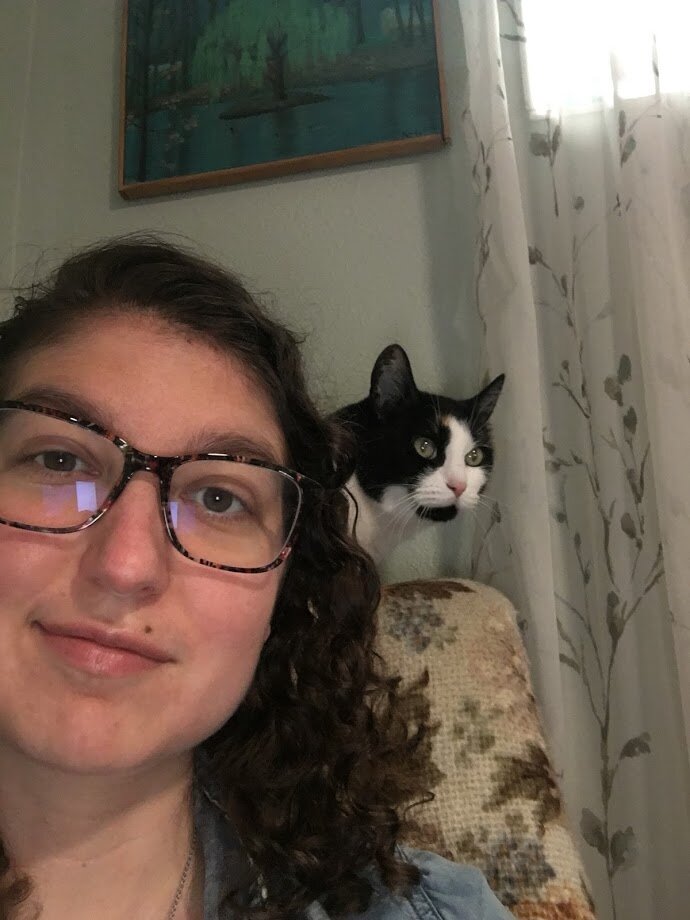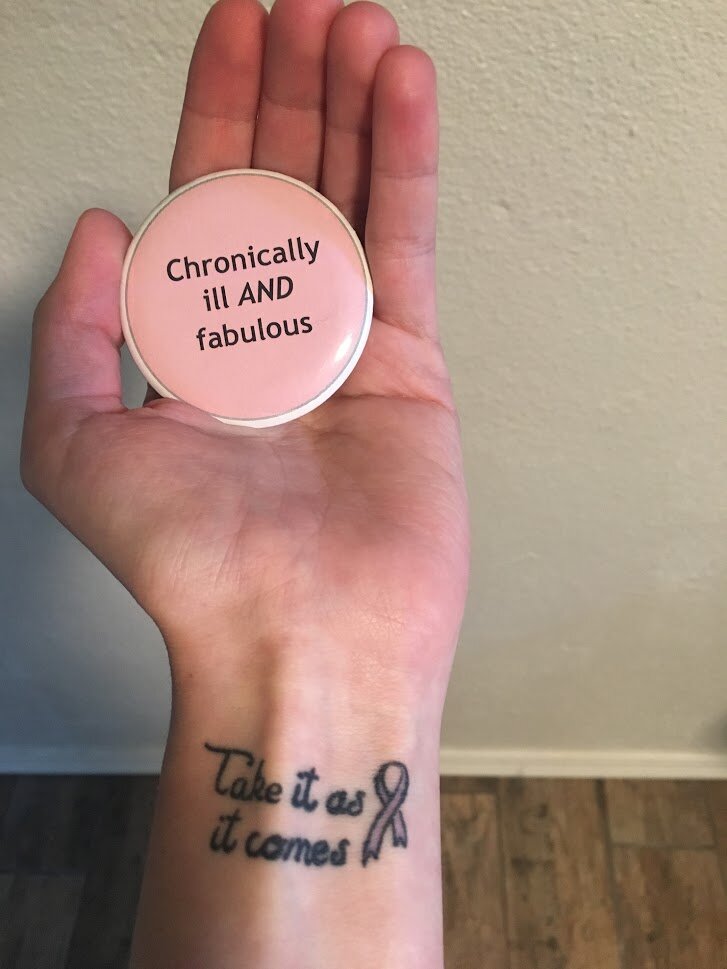College | Coping | IBD

The day I found out I had been accepted to graduate school happened to be the same day that I saw a gastroenterologist for the first time. Within a few weeks, I was diagnosed with Crohn’s disease. I was 22 and had moved to Portland, Oregon, a few months earlier. I still didn’t know many people in Oregon, and my diagnosis terrified and overwhelmed me. But I decided to stay in Portland for a three year Masters in Social Work program.
In the months before starting school, my disease was fairly mild and well-controlled with mild meds. I thought I would just get Crohn’s disease and take a few pills and go on my merry way as if nothing had happened. Unfortunately, my disease had other plans.
Within the first month of school, the mild meds stopped working, and I started stronger therapies. What followed was two years of trying and failing multiple medications. I had severe reactions to multiple biologics, and steroids turned out to be insufficient bandaids that have damaged my adrenal glands. The last few months, my Crohn’s has tolerated one biologic fairly well, though I am still struggling with symptoms and other chronic illnesses, such as myofascial pain syndrome and adrenal insufficiency, to name a few.
Trying to manage my health while going to school has been hard, to say the least. I have spent a significant portion of the last two years trying to “power through” my Crohn’s–going to class after spending hours in the bathroom biting a towel for the pain, trying to do homework while prepping for colonoscopies, and typing away at assignments through tears as I grieved yet another failed medication. I struggled to use my accommodations through the disability resource center, thinking that surely I wasn’t really sick enough to need them.
Now I know there is no sick “enough”; there are only the needs and limits of bodies and different ways of respecting and honoring those limits. For me, my disability accommodations have become how I take care of my body while going to school. If I am too sick to do my assignments on time, I use my deadline extensions. I find reading with my eyes too exhausting and nauseating, so I use text to speech software to listen to my readings. Halfway through my second year, I switched to online classes so that I could better manage my fatigue, listening to lectures from my bed (or my bathroom, as it may be). Most professors have been very understanding and accommodating, and I do my best to assert myself (respectfully) with those that aren’t. Because I understand now: there is no powering through IBD. There is only accepting and adapting and moving forward the best you can.

I have also come to realize that there is a certain type of intelligence and education that comes from learning to survive with IBD. In coordinating my medical care and advocating for myself in the healthcare system, I have learned more healthcare policy, patient advocacy, and communication skills than from any class I could have taken. Juggling school with multiple weekly appointments and limited energy has given me excellent time management skills. When some of the older adults I worked with at my internship last year shared their grief over the loss of health/ability with me, I privately drew on my own experiences when empathizing and responding to them. When I talk to people I am working with, I model my behavior on the positive encounters I have had with healthcare providers as a patient and do my best to avoid the patronizing or dismissive behaviors I have experienced. I’m the first to say that Crohn’s is not all roses and butterflies–it has taken so much from me, and so much out of me–but I also strive to acknowledge the lessons I have learned and the strengths I have gained.
Admittedly, some days, I am angry. I say, “why me?” and throw up my arms in frustration. My doctors warn me with strained voices that there are only so many Crohn’s drugs out there, and we have tried most of them at this point. I hope my current biologic will continue to work for me for years rather than months. I hope new drugs get approved soon. But I also know that medicine has limits. Doctors don’t know everything. There are no guarantees in this life, and I don’t know what will happen to me. This uncertainty is terrifying and brings me significant despair. But it also brings me clarity. How do I want to spend my precious and limited energy? Knowing my life could be further derailed at any moment, what do I want to do with the time I have now?
For me, for now, the answer is that I want to finish the last year of my MSW in Portland. I want to dream of and work towards a world where remote opportunities and greater respect for illness expand possibilities for those of us with IBD. I want to celebrate every small victory that comes my way.
